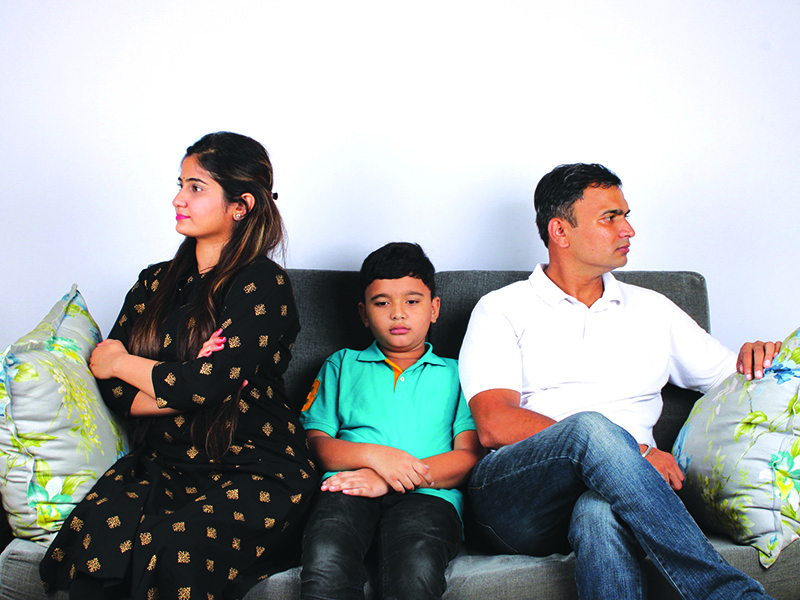Growing up in a dysfunctional family adversely impacts children’s socio-emotional development, health and well-being writes Nishiha J
“All happy families are alike; each unhappy family is unhappy in its own way.” — wrote Russian novelist Leo Tolstoy in the opening lines of his novel Anna Karenina.
The family is the fulcrum around which a child’s life revolves, shaping her values, character, socialization, inter-personal and relationship skills. Therefore when the family unit is dysfunctional, it adversely impacts children’s socio-emotional development, health and well-being. In particular, pre-teens and teenage children growing up in dysfunctional families are especially vulnerable.
Reema Joyice, assistant professor of psychology, Women’s Christian College, Chennai, echoes Tolstoy’s sentiment. “Every dysfunctional family is dysfunctional in its own way. In some there could be conflicts between the parents, in others between parents and adolescent children, or health and financial troubles. Conflicts are common in all families. But when conflicts are kept alive and allowed to fester, the family becomes dysfunctional,” says Joyice.
However, Joyice believes that if provided adequate support and counseling, children can learn to cope and overcome the challenges of growing up in a dysfunctional family. Some guidelines for parents:
- Children emulate parental behaviour. Therefore take great care not to argue and use abusive language in the presence of children.
- If parents have argued/fought before children, take time to explain the situation to them and follow it up with an apology.
- You need to frequently reassure children of your love, affection and unconditional support, no matter what the situation.
- Consult mental health professionals if you are unable to resolve conflicts and cope with anger and relationship problems.
- Encourage children to meet a counselor, either formally or informally. An extended family member or friend could also be a counselor.
- The school plays an important role in providing mental health support to children. Take the lead to discuss the family situation with the school teacher/counselor and solicit support and counseling for your child.
- Enroll in an offline/online parent education programme to understand the adverse impacts of dysfunctional families on children.
- Encourage children to interact with extended family members such as aunts, uncles, cousins, and grandparents who can provide emotional support in times of distress.
